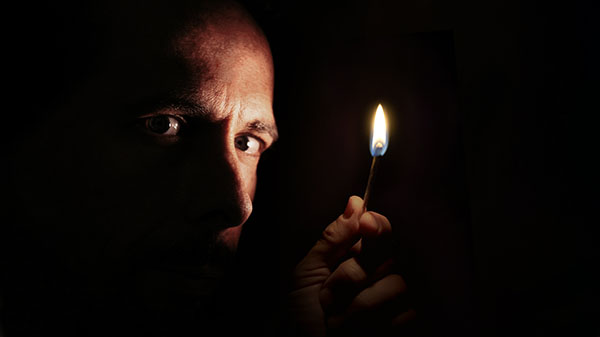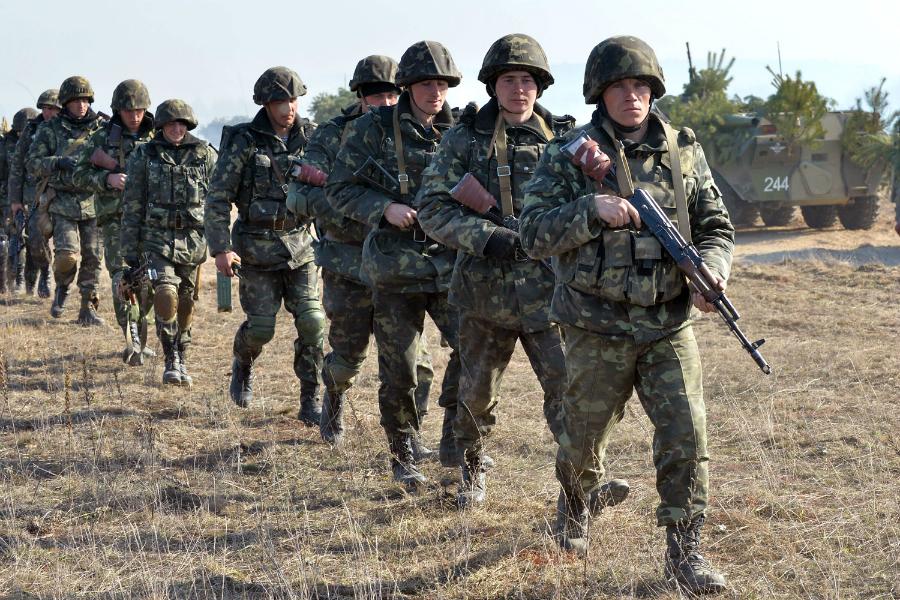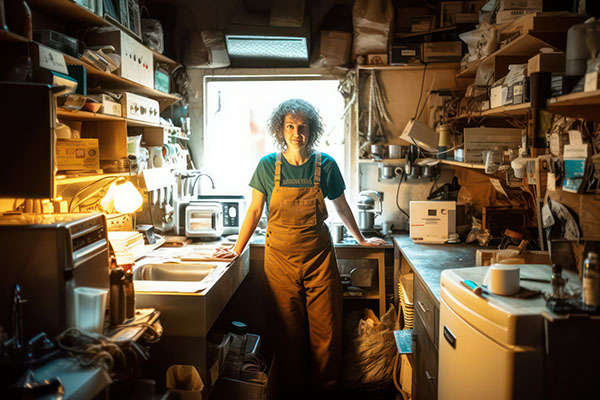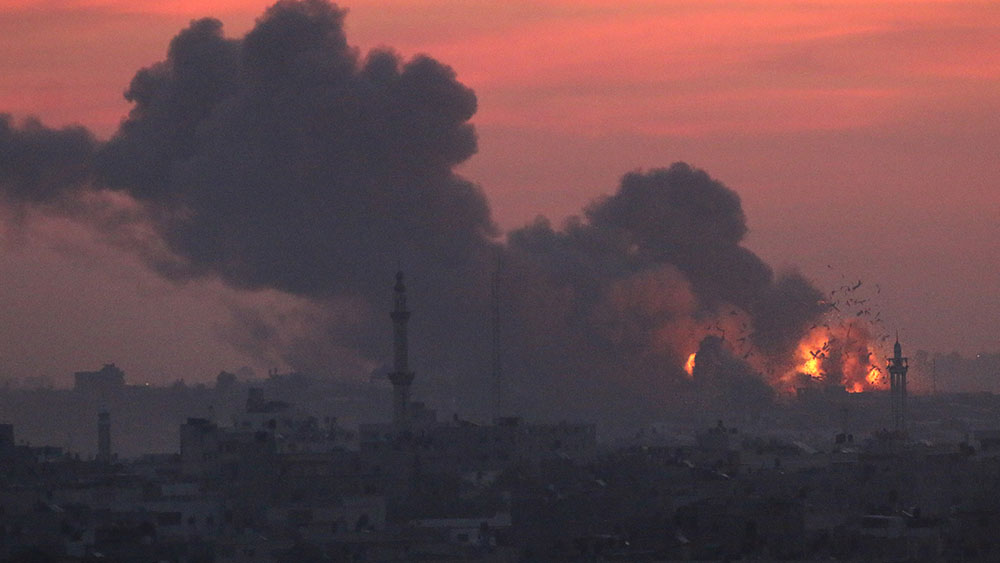 Parler
Parler Gab
Gab
- Russia accused the U.K. and France of inciting a "bloodbath" in Europe during a Paris summit of over 30 nations discussing military and economic support for Ukraine, framing Western efforts as a hostile "Anglo-Saxon plot."
- The "Coalition of the Willing" explored NATO-backed peacekeeping forces for Ukraine, though divisions emerged – France and Britain supported troop deployments, while Greece and Italy opposed them.
- European leaders dismissed Russia's claims, with Macron calling them "stories and untruths" and Zelensky rejecting Moscow's ceasefire accusations, stating, "Moscow always lies."
- While the coalition seeks strong U.S. backing, Macron acknowledged that Europe may need to act independently. Military planners assessed troop numbers (10,000 to 30,000), but doubts persist about Europe's capacity to lead.
- Ceasefire talks remain fragile, with mutual accusations of violations. Macron accused Russia of "playing games," highlighting deep distrust and an uncertain path to ending the war.
The coalition's proposal: A NATO-backed reassurance force
The summit focused on sustaining military aid and forming a multinational "reassurance force" to secure a future peace deal. While France and Britain championed troop deployments, other nations, including Greece and Italy, publicly opposed sending soldiers. Macron acknowledged the lack of unanimity but insisted, "We do not need unanimity to achieve it." A key uncertainty is U.S. support. Starmer stressed the need for "strong U.S. backing," but Macron admitted Europe must prepare for scenarios where Washington does not participate. Military planners are reportedly assessing troop numbers (potentially 10,000 to 30,000) and logistical needs, though skepticism remains over Europe's capacity to lead such an effort. U.S. President Donald Trump, mediating ceasefire talks, acknowledged the challenges: "Russia would like to see it end, and I think Zelensky would too." However, Russia's UN envoy accused Kyiv of undermining negotiations through continued strikes, while Ukrainian officials blamed Moscow for violating recent Black Sea and energy-sector ceasefires. The summit highlighted the fragility of diplomatic progress. As Macron noted, "They are playing games and playing for time."This sentiment is echoed by European leaders who doubt Russia's commitment to peace. The Paris summit revealed both resolve and division among Ukraine's allies. While Western leaders seek to deter Russia through military and diplomatic pressure, Moscow's warnings of escalation and Europe's uneven commitment to troop deployments complicate the path forward. With ceasefire talks stalled and trust in short supply, the war's endgame remains uncertain. Head over to WWIII.news for updates on the ongoing war in Ukraine. Watch the video below where Trump says "We're getting close" pertaining to the ceasefire talks on the Ukraine war. This video is from the NewsClips channel on Brighteon.com.More related stories:
Zelensky's arrogance and entitlement cost Ukraine more territory and lives as RUSSIA ADVANCES, taking Constantinople. U.S. resumes military aid to Ukraine after Kyiv agrees to 30-day ceasefire, but Russia holds the cards. Trump weighs heavy SANCTIONS and tariffs on Russia to end Ukraine war. Sources include: YourNews.com KyivIndependent.com APNews.com Brighteon.comPrepping – How to stay motivated when prepper burnout strikes during stressful times
By Zoey Sky // Share
By Lance D Johnson // Share
The revolution begins: HHS mass layoffs are a necessary purge of government bloat
By Willow Tohi // Share
Survival basics: How to stay alive when the unexpected happens
By Zoey Sky // Share
Amazon’s last-minute TikTok bid faces skepticism as Trump’s deadline looms
By Cassie B. // Share
Israel kills Hamas commander in Lebanon, escalating tensions amid fragile ceasefire
By Cassie B. // Share
Governments continue to obscure COVID-19 vaccine data amid rising concerns over excess deaths
By patricklewis // Share
Tech giant Microsoft backs EXTINCTION with its support of carbon capture programs
By ramontomeydw // Share
Germany to resume arms exports to Israel despite repeated ceasefire violations
By isabelle // Share










